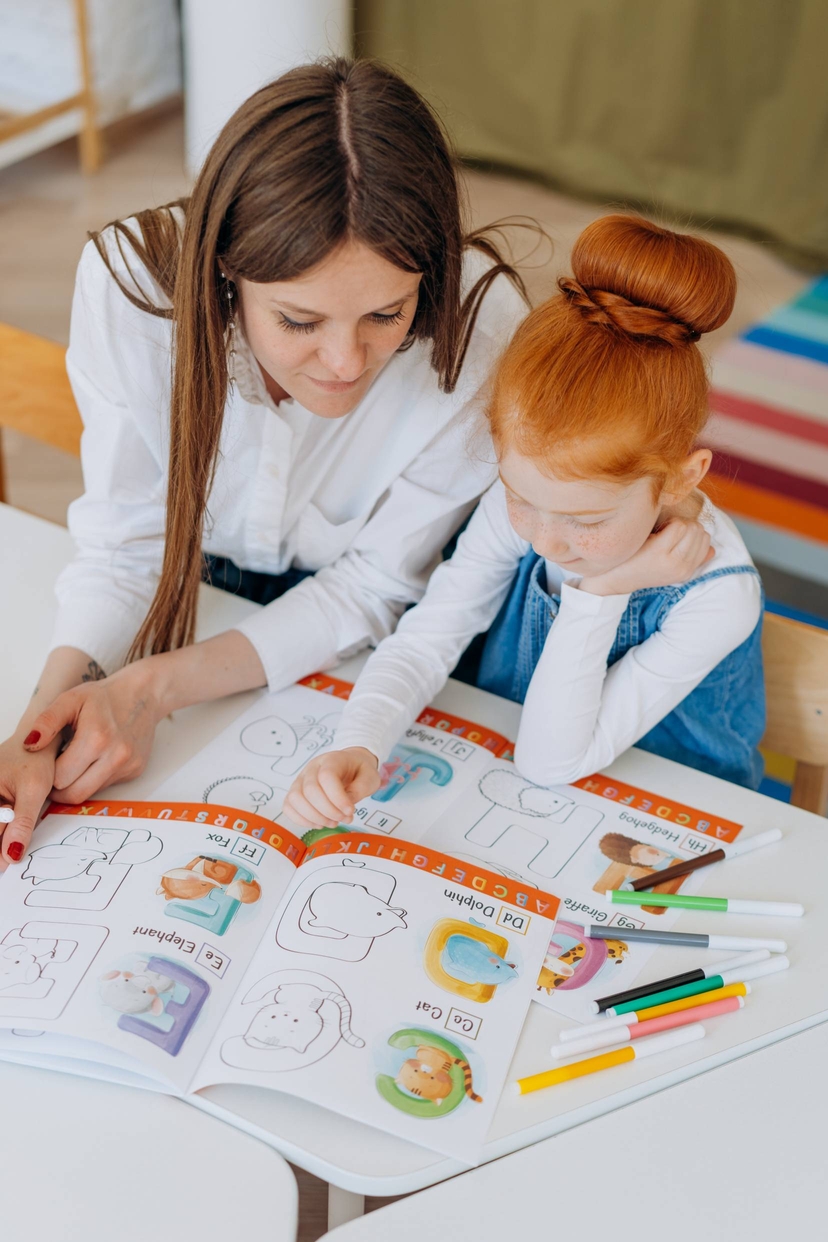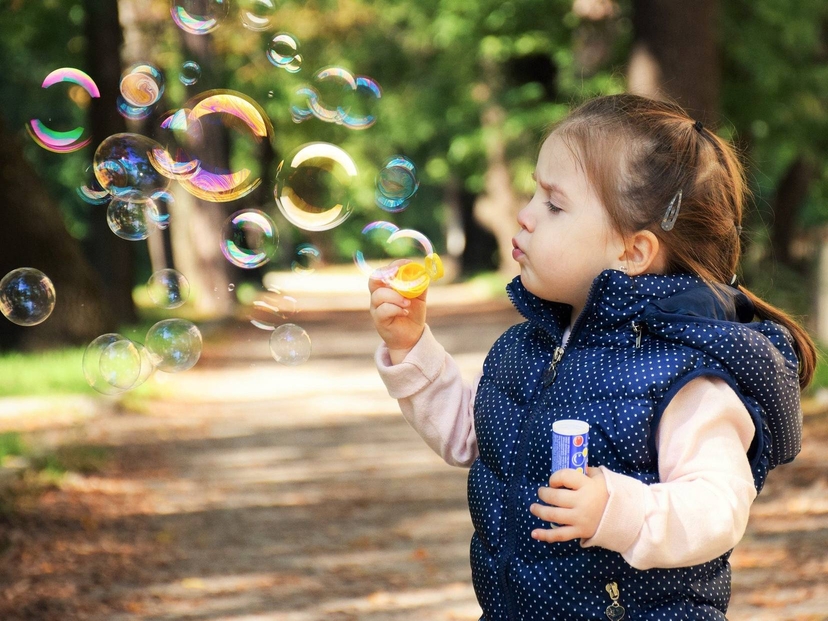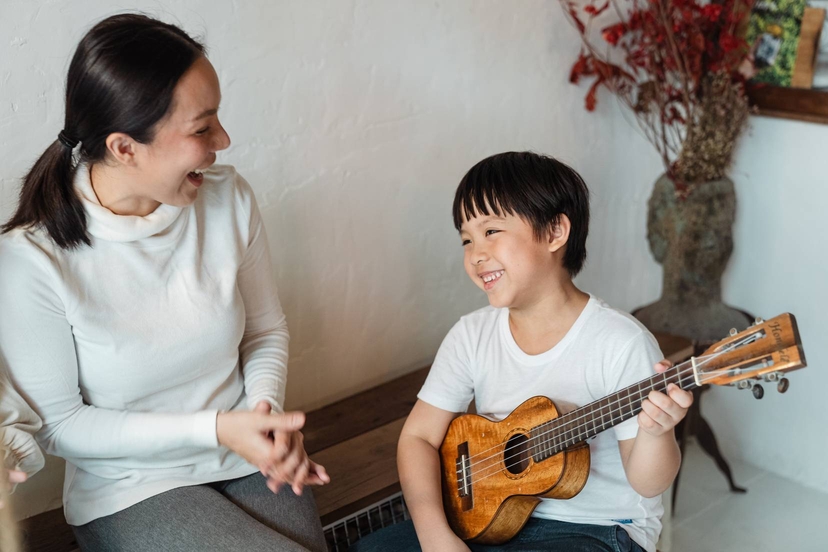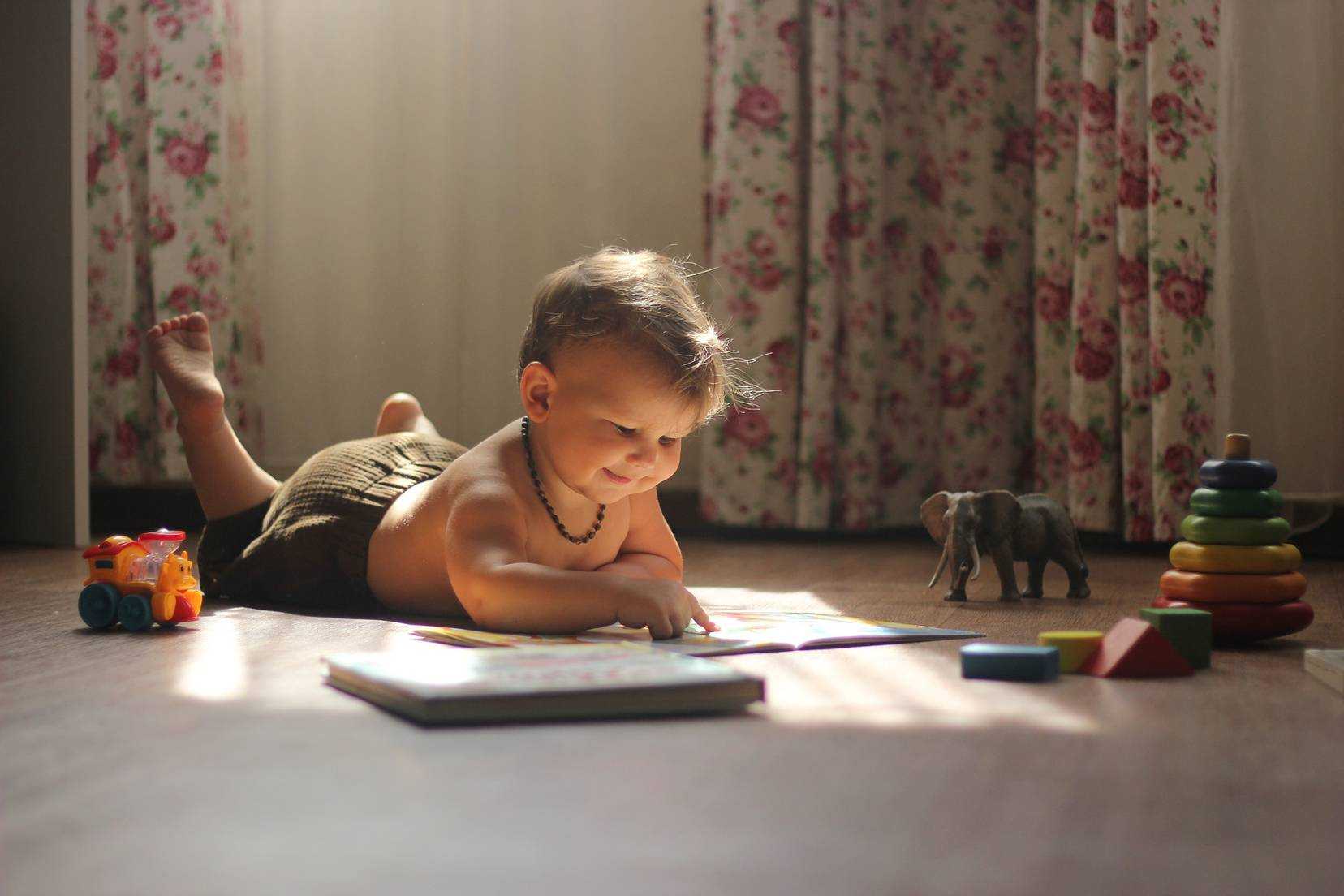When we hear the word genius, certain names (Albert Einstein, Thomas Alva Edition, Elon Musk etc) immediately come to our mind. Why these people are different from others? How do they stand separate from the crowd? It is their curious mind.
Curiosity is nothing but a human emotion, a desire to know new things. Each and every one of us is born curious. When we were young we used to learn new things by touching, grabbing, hitting, licking things that were in our reach. Basically, in our childhood, we used to use all our sense organs to explore new things we come across. And that is the reason kids are quick learners.
In a seminar, one of the speakers said that we can teach anything to our kids regardless of age. Then he showed videos where 1yr 9mons old kid is showing the correct shape upon asking and a 3 years old is responding to 3 different languages etc.
Honestly, it sounded weird to me. I felt those babies are born with extra talent and that does not apply to every child. Later, a question arose in my mind that even if they have a superpower, how did their parents know about that at such an early age? It must be the parents’ mindset which made these possible. Then I decided to give it a try on my 3 years old daughter.
Surprisingly I taught my daughter all the states in India and a few countries in Asia within 2 weeks just spending 5-10 mins a day.
Then I realized all kids are special, they enjoy discovering new things, they attach those new learnings to their imaginations. They are always hungry for new experiences, new information. I am sure you might have been amazed many times by watching your kid’s imagination or interpretation of things. Do not forget to share such lovely stories with us through the comment box.
We, parents play the most crucial role to nurture our kid’s curiosity and help them to learn new things. Trust me, it is not a tedious job. You just need to spend 5-10 mins daily to teach any new area to your kid. I am going to share some tips which helped me to go smoothly on this journey.
Select the appropriate content
As I mentioned, kids can be taught anything. It can be Science, Geography, Mythology, Foreign Language; it can be literally anything. It is vital to plan how to teach them.
For eg. if you are planning to teach Botany to a 3 years old kid, you will not start with photosynthesis, rather you can speak about the body parts of a plant first. Instead of only introducing the terms, you can show root, stem, leaves pointing to a tree around. Then gradually you can move to the concept of what kind of elements(air, water etc.) a plant needs to grow. Or maybe, you can teach plant classification.
While teaching about geography you should not start with geomorphology, rather you can engage them with colorful maps or maybe flags. When they are familiar with different countries, you can introduce region-specific climate, languages, food habits etc (whatever you feel like).
These are just examples of how you can teach new subjects progressively.
Place the context
While choosing the topic, we must remember to set the context first. For eg. they should first know that ‘plant’ is a living thing before they understand how a tree prepares food. Or before telling them about great freedom fighters like Bhagat Singh, Rani Lakshmibai etc, they should know why the war was started. This way they will know the background of the new information.
Sometimes we assume that they will figure out the context on their own. When they fail to grasp the context, they may also fail to frame the question to get it clarified. Without proper context, knowledge will become irrelevant for them hence they will lose interest easily.
Do not rush
The human brain is capable of storing millions of things, but it takes time. It does not register a whole lot of information in a single shot.
For eg. If your baby is less than 2 years old and you are trying to teach alphabets, do not go for reading all the alphabets in a single session. You should introduce only 2-3 alphabets at a time. And this applies to every new thing you are teaching. Be it numbers, colors, shape etc.
You just need to spend 5-10 mins per sitting and should teach 2-3 items at a time. That is all.
Remove confusing elements
In the early stage of learning a new area, avoid introducing anything which may confuse your kid’s little brain. For eg. if you are teaching color, don’t teach red, maroon, orange together. Let them master ‘red’ first, later you may introduce another color that has red dominance.
 The same goes for alphabets. Letters ‘b’ and ‘d’ are so similar that they can complicate his idea about these two letters. So it is advisable not to teach confusing elements together to ease their learning journey.
The same goes for alphabets. Letters ‘b’ and ‘d’ are so similar that they can complicate his idea about these two letters. So it is advisable not to teach confusing elements together to ease their learning journey.
Avoid information overload
“Children can’t handle a lot of distractions. They are always taking in information, even if it is not what you’re trying to teach them.” - Dr. Vladimir Sloutsky, Cognitive development researcher and professor of psychology at The Ohio State University.
Usually, books of young kids are full of colorful images. The only purpose is to attract little children’s eyes. Unfortunately, this delays their learning expedition.

You may think, what is wrong with this? This is how we were taught in our childhood.
You are absolutely correct. There is nothing wrong with the traditional way. It just takes a longer time and makes it difficult for your kid to interpret the actual object.
Do not evaluate so quick
Our general tendency is to teach something and immediately ask questions on it to check if he/she has learned or not. And sometimes we try to check whether their little brain is able to deduce by itself through some logic.
Honestly, this puts lots of pressure on them. You might not judge based on whether they were able to answer or not, but they put some label on themselves. They feel underconfident because of that. Hence they lose their interest and curiosity on that subject in no time.
Shift mindset
“I have no special talents. I am only passionately curious.” — Albert Einstein
A person who has exceptional creative or intellectual power is considered a Genius. This extraordinary skill comes through continuous learning and practice. Curiosity is the key element that enables our brain to learn new things. When we are nurturing a little kid’s curious mind, we are basically helping him/her to grow as a lifelong learner.

All kids have talents, and we might not know what it is. We just need to encourage their curiosity and help them to build their confidence from an early age. With this, they will be capable enough to figure out the path.
Bonus Tip
What is the subject you hate most? Why do you dislike that subject? Is it because you are not good at that? Or is it because you dint find any teacher who could build your interest in that? Think deeply. I am sure that most of you will say yes for the later question.
It is very crucial to talk about a topic in such a way that ignites interest. And we parents might not be the right person in all the domains. So it is our duty to find the right teacher (not necessarily to be the best teacher), and the right books (according to their grasping capacity, it should not be too easy or predictable for them and not too complex to comprehend).

The teacher’s role is to introduce a question to the student’s mind which is similar to sowing a seed. If the student starts loving that little sapling, he will find out all the ways by himself to grow that to a big tree. I shall be delighted to hear from you about such an inspiring teacher in your life.
Disclaimer: All the images used in this page are from either pixabay.com or pexels.com

